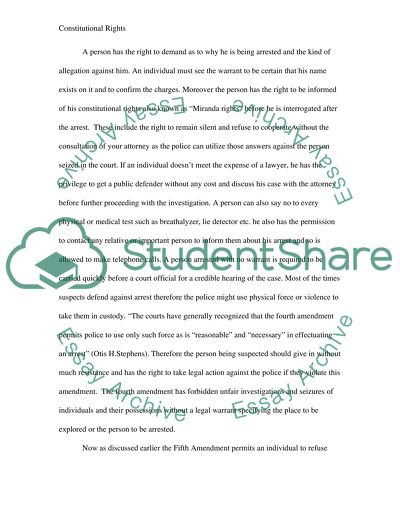Cite this document
(“Constitutional Rights before and after Arrest Research Paper”, n.d.)
Retrieved from https://studentshare.org/law/1431818-constitutional-rights-before-and-after-arrest
Retrieved from https://studentshare.org/law/1431818-constitutional-rights-before-and-after-arrest
(Constitutional Rights before and After Arrest Research Paper)
https://studentshare.org/law/1431818-constitutional-rights-before-and-after-arrest.
https://studentshare.org/law/1431818-constitutional-rights-before-and-after-arrest.
“Constitutional Rights before and After Arrest Research Paper”, n.d. https://studentshare.org/law/1431818-constitutional-rights-before-and-after-arrest.


